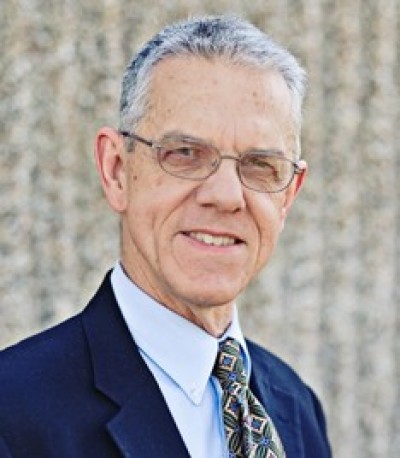Pope Francis and President Obama: Fight Poverty by Not Fighting Global Warming
Which brings us to the important topic of how climate policy relates to the needs of the world's poor.

Because CO2's warming effect is turning out to be much smaller than previously thought, spending trillions of dollars fighting global warming by reducing fossil fuel use to reduce CO2 emissions will make little or no difference in future temperature or, therefore, any of the "impacts" allegedly tied to it, such as sea level rise (the rate of which has not accelerated) or changes in frequency or intensity of severe weather events (which have not increased) or ecosystem changes that might threaten biodiversity. But it will harm pretty much everyone in the world (except investors in alternative energy industries), and it will harm the poor the most.
Why? Aside from depriving the world of the fertilizing effect of added CO2, which we've just described, it would be harmful because getting energy from alternatives to fossil fuels — and nuclear and, where there's enough strong river current, hydro — is much more expensive, which is why today roughly 85 percent of all energy used in the world comes from fossil fuels. (Some will reply that the cost of generating electricity from wind and solar is declining, and that's true, but it's also true for coal and natural gas.) The greater alternative energy's contribution to our electricity generation, the higher the price must go, and, because wind and solar are intermittent, the less stable the grid becomes.

That will be uncomfortable for middle- and high-income people in developed countries; but for the poor, it will be devastating.
In fact, it already has been. In, for example, the United Kingdom, each of the last five or six winters thousands more premature winter deaths have occurred than in previous years because Britain's policy of replacing coal-fired power plants with wind and biomass drove fuel prices up, causing "fuel poverty." Thousands of low- and fixed-income Britons, mostly the elderly, couldn't afford both to eat and to heat their homes adequately, so they chose to eat — and succumbed to the cold.
The impact in developing countries would be much greater. Access to abundant, affordable, reliable energy, especially electricity, is essential to lifting and keeping whole societies out of poverty. No society has ever overcome poverty without it, and for now and the foreseeable future no other source comes close to fossil fuels to meeting those three requirements — abundant, affordable, reliable.
The poor in developing countries, who suffer high rates of respiratory diseases and eye infections from smoke generated by burning wood, other biomass, and dried dung as their primary cooking and heating fuels, killing some 2 to 4 million every year, desperately need large-scale, cheap, on-demand electricity. That's crucial.
They don't need just the little bit of intermittent electricity they can get from a small solar panel that they can't afford anyway and that would supply perhaps a 40-watt light bulb and little more. They need electricity to power a refrigerator to prevent food spoilage, an electric stove for smoke-free cooking, an electric water pump for constant water supply, and electric heating or cooling for the home, not to mention all the conveniences we take for granted.
Then consider the massive amounts of electricity needed for industry and commerce to multiply their productivity and hence their incomes, by which they'll conquer poverty. They need the high-volume, steady, instant-on-demand, and affordable electricity that comes only from their being on a grid supplied by large-scale generating plants powered by coal, natural gas (or in some places oil, but usually that's much more valuable as a transportation fuel), or nuclear (the technical demands of which are beyond most developing nations). Wind, solar, and biofuels simply cannot produce that scale of on-demand, unfluctuating power except at costs many times higher.
To prohibit developing countries from increasing their use of fossil fuels and hence their CO2 emissions to fight global warming is to condemn them to poverty — and to the high rates of disease, premature death, and other suffering that invariably accompanies it, and, ironically, the environmental degradation that also accompanies it — for generations to come.
These are some of the reasons why it's not surprising that the "BRIC" countries — Brazil, Russia, India, and China — have all made it clear that they have no intention of entering a binding agreement to limit CO2 emissions at the U.N. climate summit in Paris late this year. These countries are more focused, as they should be, on lifting their people out of poverty, and their rising emissions, driven by rapidly rising coal use, will dwarf whatever reductions the United States and other developed nations might achieve.
These are also reasons why we believe no other countries, including the United States, should embrace such an agreement, or institute similar policies domestically (e.g., the federal Environmental Protection Agency's "Clean Power Plan").
An open letter we've all signed offers further reasons, and a brief petition now puts the point simply: "For the Sake of the Poor, Don't Fight Global Warming!"




























